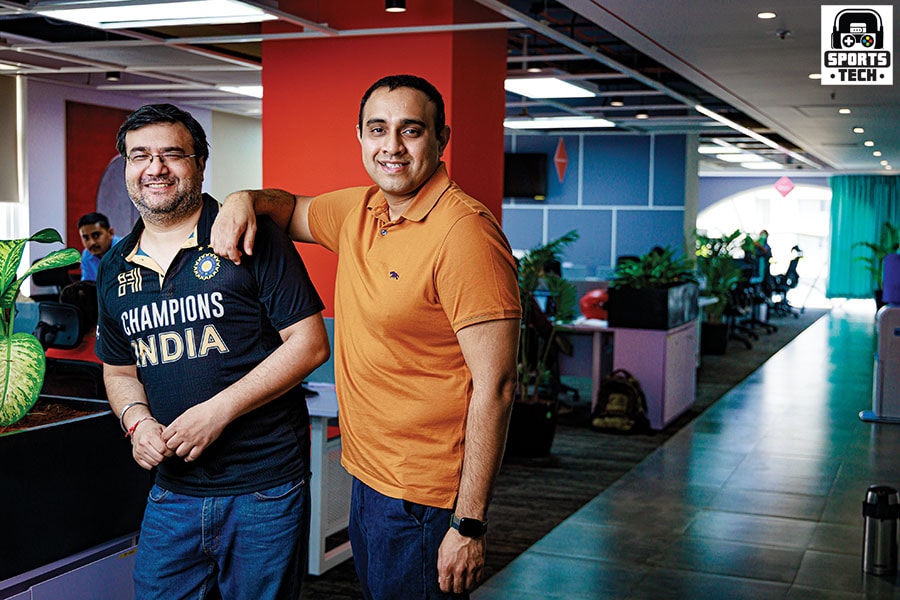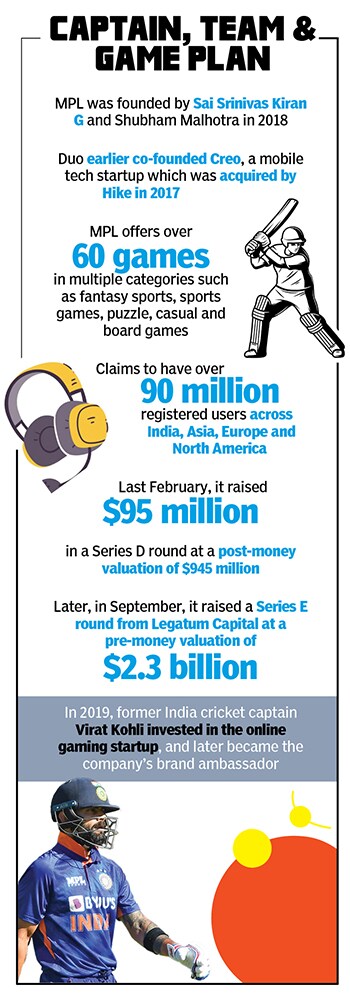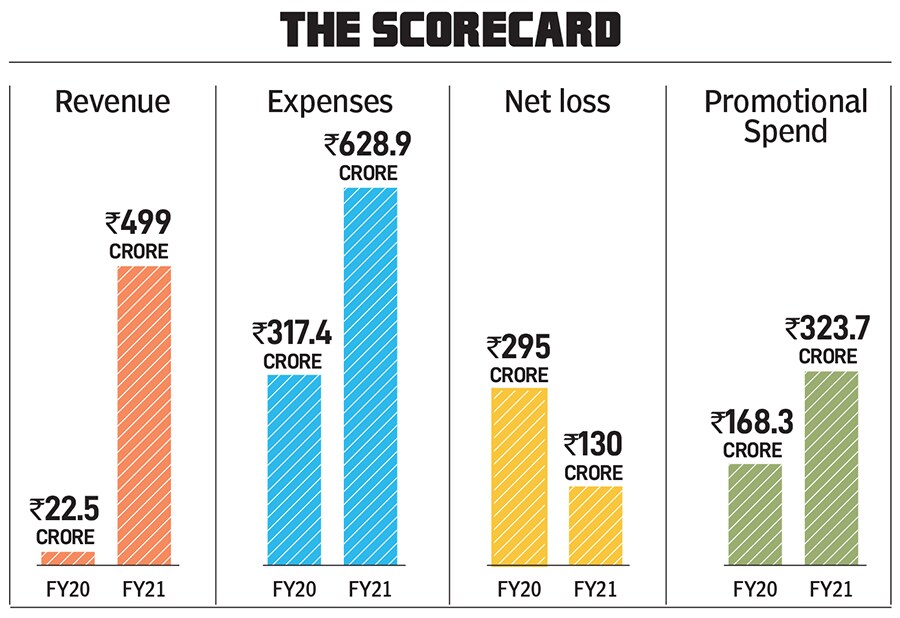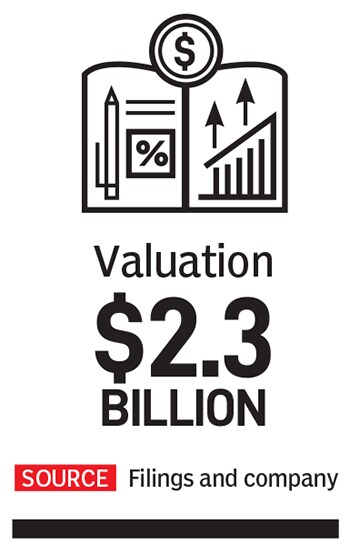
MPL: Forging a league of its own
Mobile Premiere League has grown at an explosive pace over the last three years. And it's not the fantasy games that are driving revenue. The twin superstars are Ludo and Carrom
 (From left) Shubham Malhotra and Sai Srinivas, co-founders of Mobile Premier League, are now focusing on developing India-centric games
Image: Selvaprakash Lakshmanan for Forbes India
(From left) Shubham Malhotra and Sai Srinivas, co-founders of Mobile Premier League, are now focusing on developing India-centric games
Image: Selvaprakash Lakshmanan for Forbes India
What are the three things that strike you most about the Mobile Premier League (MPL)? First, obviously, would be its name, which has a rhyming similarity with the IPL (Indian Premier League). Second, and no marks for guessing, would be the visual of former India cricket captain Virat Kohli dancing to a catchy jingle in a TV commercial that the online gaming and esports platform bombarded heavily during the 2019 IPL, just six months after the Bengaluru-based startup rolled out operations.
It is, however, the third thing that puts MPL in a league of its own. Its revenues. For FY19—the fiscal was just six months of operations as the startup officially opened account in September 2018—MPL’s number stood at ₹2.87 crore. The startup, which started with fruit-cutting and puzzle games along with a bunch of casual games like Ludo, added fantasy sports to its kitty in March 2019. Fast forward 12 months, and the revenues jumped to ₹22.5 crore in FY20.
A year later, in FY21, revenues leapfrogged over 22 times to ₹499 crore. Though expenses almost doubled to ₹628 crore, the startup brought down its losses from ₹295 crore in FY20 to ₹130 crore in FY21. Last September, it raised a Series E round from Legatum Capital at a pre-money valuation of $2.3 billion. Now the gaming unicorn offers over 60 games in multiple categories such as fantasy sports, sports games, puzzle, casual and board games, and claims to have over 90 million registered users across India, Asia, Europe and North America.
Sai Srinivas, co-founder and chief executive officer of MPL, explains the magic behind the ‘crazy’ growth. “That’s how the internet works, my dear friend,” he says, grinning from ear to ear on a Zoom call from Bengaluru. The serial entrepreneur, who sold his mobile tech business to Hike in 2017, seems to have hit gold with his gaming venture, his third since he started his entrepreneurial journey by co-founding web and entertainment services Base9 in 2009. “If you’re in the right place at the right time, and you have the right product-market fit,” he explains, “then you churn out crazy numbers.”





 Is the huge spike—₹2.87 crore to ₹499 crore—largely due to fantasy sports? Well, this is what makes sense as fantasy sports exploded in India over the last two years and all players, including
Is the huge spike—₹2.87 crore to ₹499 crore—largely due to fantasy sports? Well, this is what makes sense as fantasy sports exploded in India over the last two years and all players, including 
 So what next for MPL? Maintaining a furious pace of growth by adding more games and more countries is the answer. MPL recently rolled out Poker Academy, where some of India’s top professional poker players and streamers such as Dhaval Mudgal, Siddharth Karia, Parth Jain and Aniruddha Joshi will share lessons, tactics and tips with poker players. On the international front, it ventured into the US last year and claims to have a big presence in Indonesia. In February, it bought Berlin-based GameDuell, one of the biggest game studios in community card and board games in Europe.
So what next for MPL? Maintaining a furious pace of growth by adding more games and more countries is the answer. MPL recently rolled out Poker Academy, where some of India’s top professional poker players and streamers such as Dhaval Mudgal, Siddharth Karia, Parth Jain and Aniruddha Joshi will share lessons, tactics and tips with poker players. On the international front, it ventured into the US last year and claims to have a big presence in Indonesia. In February, it bought Berlin-based GameDuell, one of the biggest game studios in community card and board games in Europe. 



